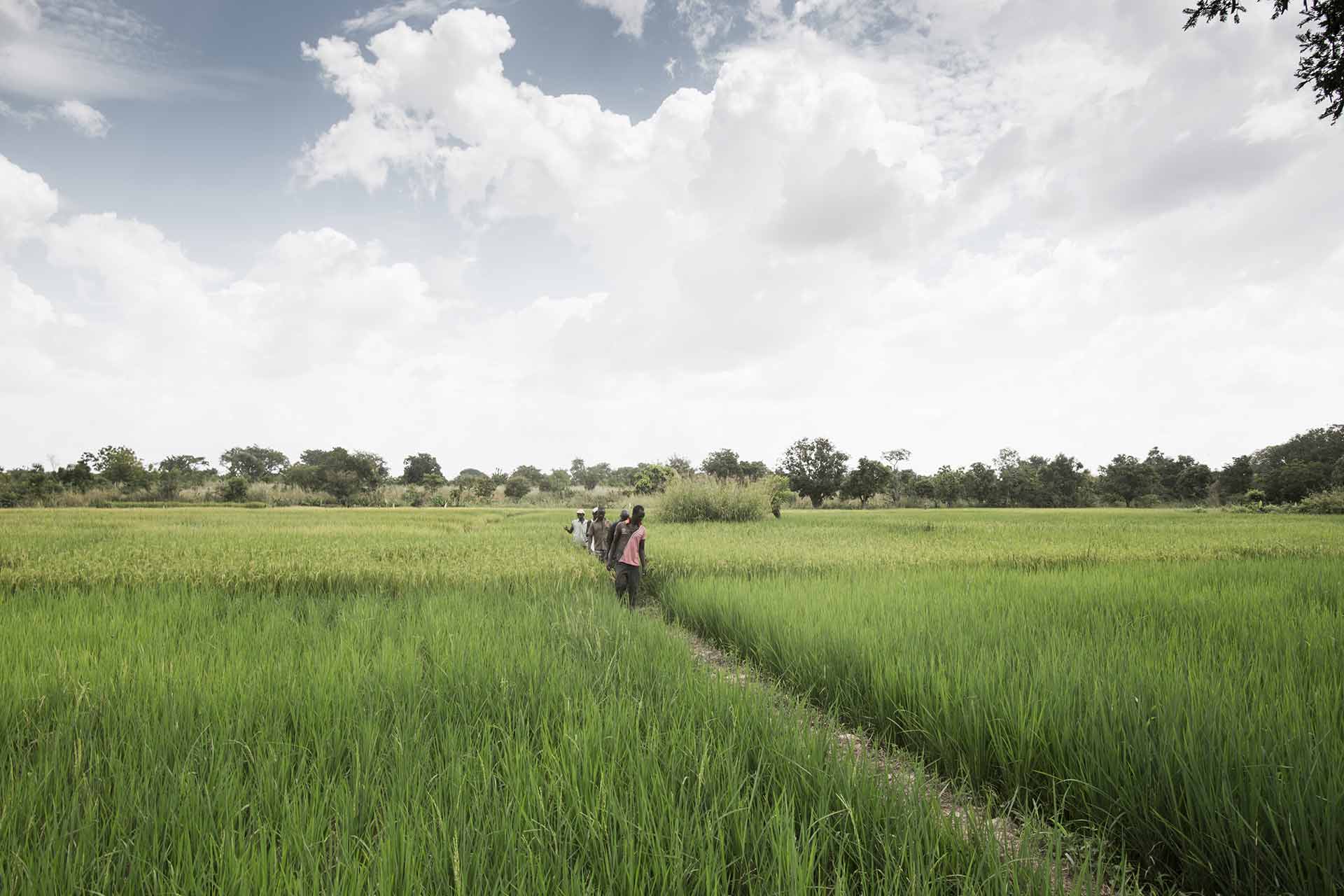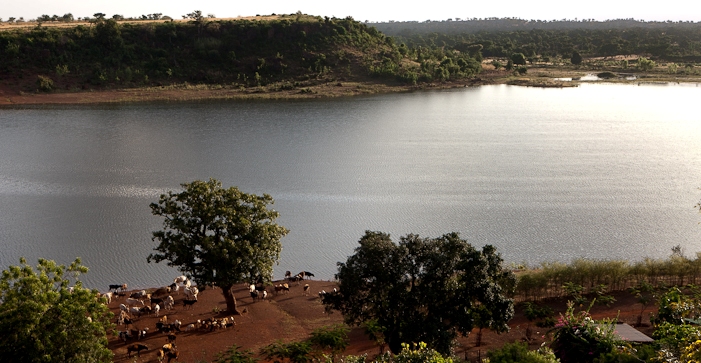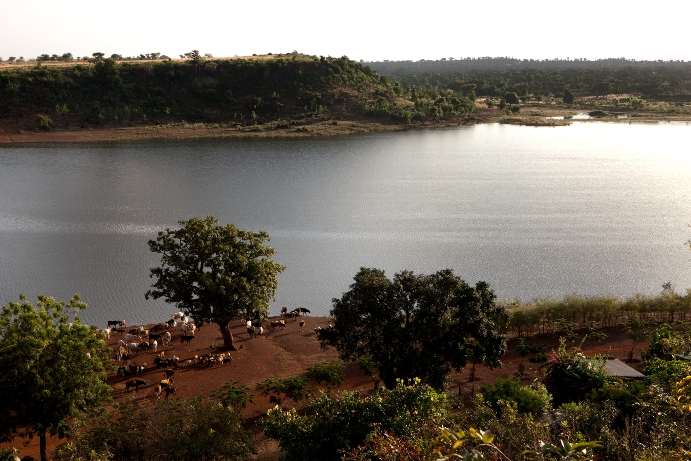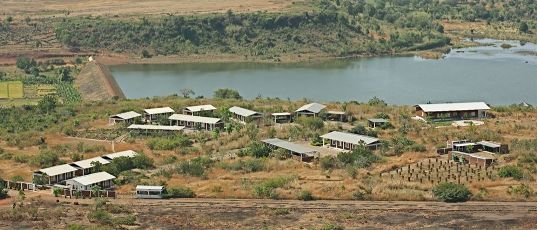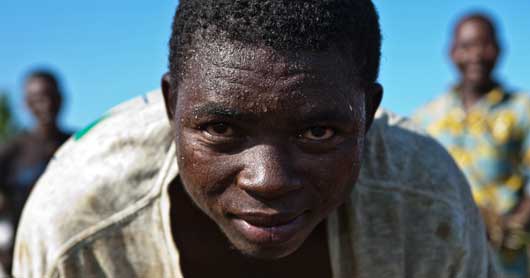
Government & Politics
Since the adoption of the constitution in 1991, Burkina Faso has been a presidential republic on the French model.
The president is directly elected as head of state every five years and possesses sweeping powers. He appoints the prime minister and the government cabinet, together with which he forms the executive.
Legislative power resides in the National Assembly (the parliament) and the House of Representatives, which performs an advisory role. The parliament consists of a total of 111 representatives who are elected to office for five years.
Judicial power is also anchored in the constitution and represents the third branch of the separation of powers. Following the reorganisation of the legal system, the Supreme Court has consisted of four independent judicial authorities since 2000: the constitutional court, the court of cassation, the administrative court and the court of auditors. Alongside the official legal system, traditional law continues. In the form of tribal and family law, it corresponds to the laws of the different ethnic groups.
The national territory is administered on the basis of thirteen regions, which are each under the authority of a governor. The regions are broken down into forty-five provinces under the leadership of high commissioners. They are followed by 350 departments administered by prefects. While originally organised on a centralised basis, Burkina Faso is today taking part in a decentralisation process that has been gradually implemented since 1995. Thus the departments are now identical to the municipalities created within the framework of the decentralisation measures. Since the municipal elections in 2006, grassroots administrative units with local councils and mayors continue to exist.
